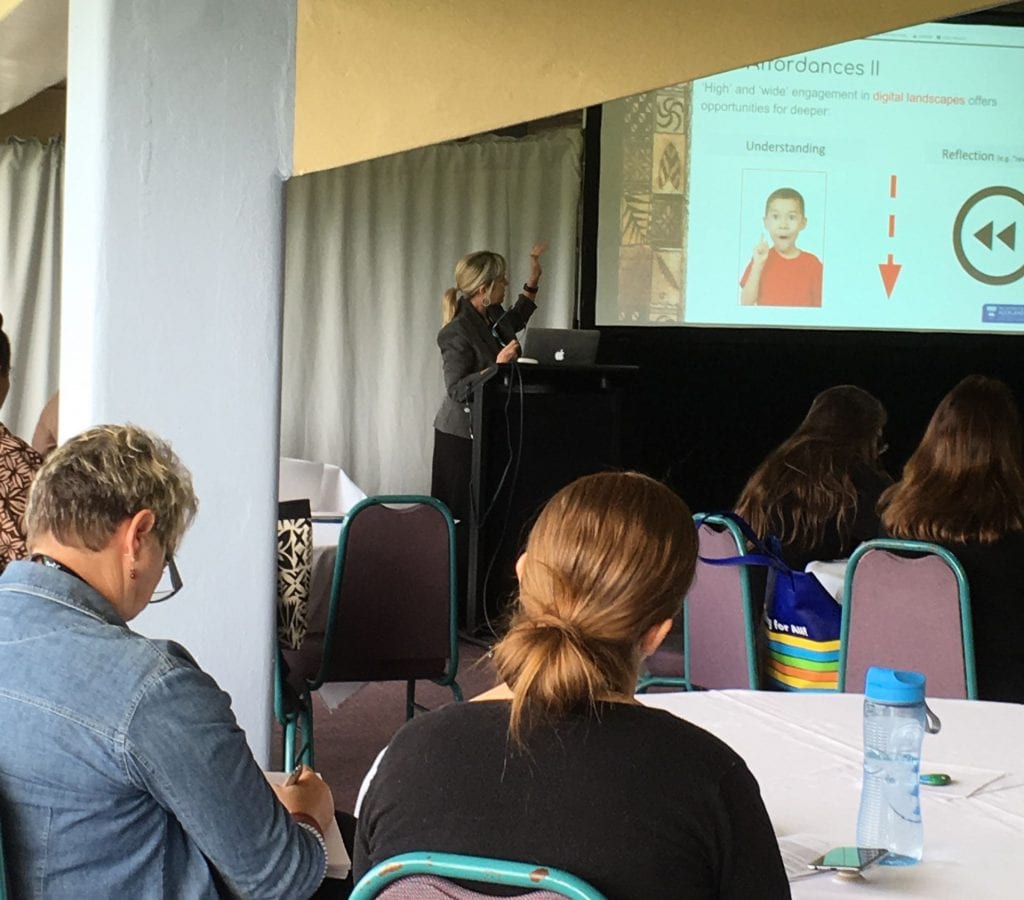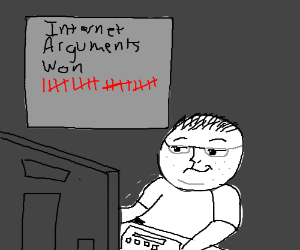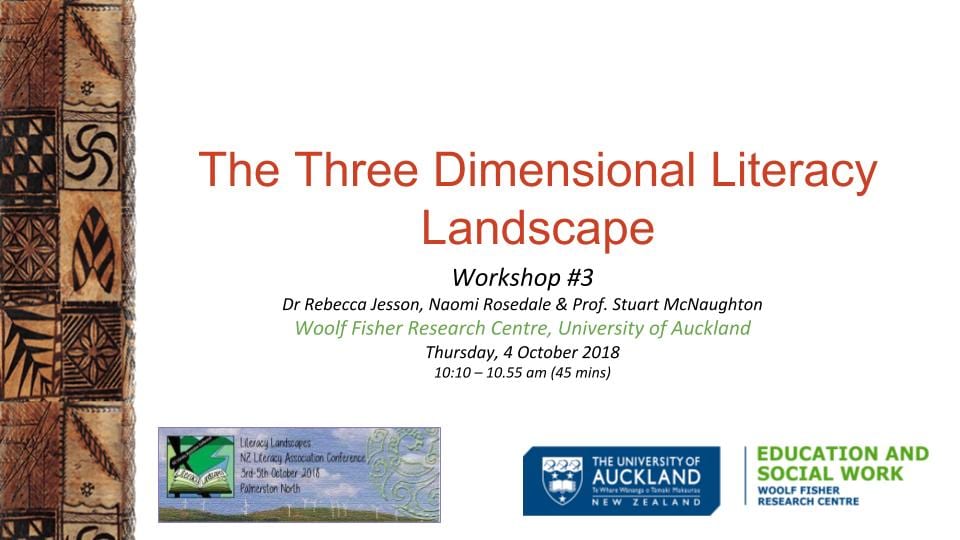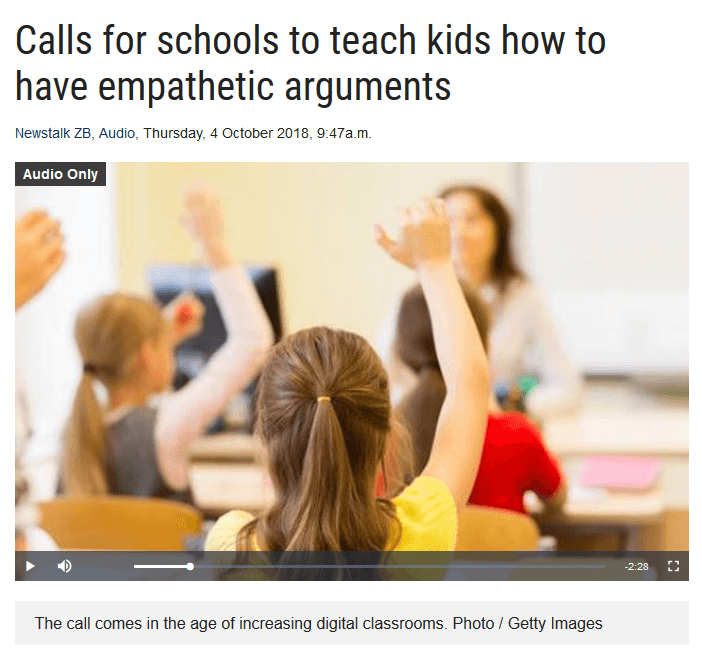Key researchers Dr Rebecca Jess on and Naomi Rosedale presented a workshop entitled The Three Dimensional Digital Landscape at the New Zealand Literacy Association (NZLA) Conference in Palmerston North.
on and Naomi Rosedale presented a workshop entitled The Three Dimensional Digital Landscape at the New Zealand Literacy Association (NZLA) Conference in Palmerston North.
The workshop began by posing questions about how online landscapes increasingly mean that students need to employ higher order literacy, thinking and social skills to engage with and through texts. They used a three-dimensional metaphor to describe how a new model of literacy could equip students to think “higher,” “wider” and “deeper.” These three dimensions of the digital landscape correlate to three main modes of engagement in higher-order thinking:
- Synthesis — bringing knowledge together from multiple sources to create new meanings
- Critical thinking and critical literacy — being able to recognize how a text positions the reader and whose interests it serves
- Practice and transfer — repeated opportunities to explore similar ideas in new forms and contexts
The researchers then presented a model of pedagogy that builds on what are commonly termed “21st century” skill sets and in ways that supports integration into the everyday classroom curriculum. They showed how learning can be designed, with a wide set of texts and the support of the project’s digital tools, to develop higher order thinking, wider interactions (inter-personal and inter-textual with text sets) for deeper understandings.

Might a traditional focus on writing and oratory to persuade (e.g. speech; formal debate) rather than consider, be reinforcing a single perspective reasoning profile? In what ways might a strong focus on persuasive argument have unintended consequences when transferred to online environments, and also embody norms and dispositions that are inadequate for interactions, values, and thinking in the 21st century? How might the use of online discussion platforms be integrated into everyday literacy work to provide opportunities to practice argumentation instead of persuasion?
The digital tools and resources they showcased to illustrate model integration and multi-literacies were a critical literacy game tool, student-generated digital learning objects (DLO), and an argumentation discussion board.
Click on the slide deck below to view the full presentation:






